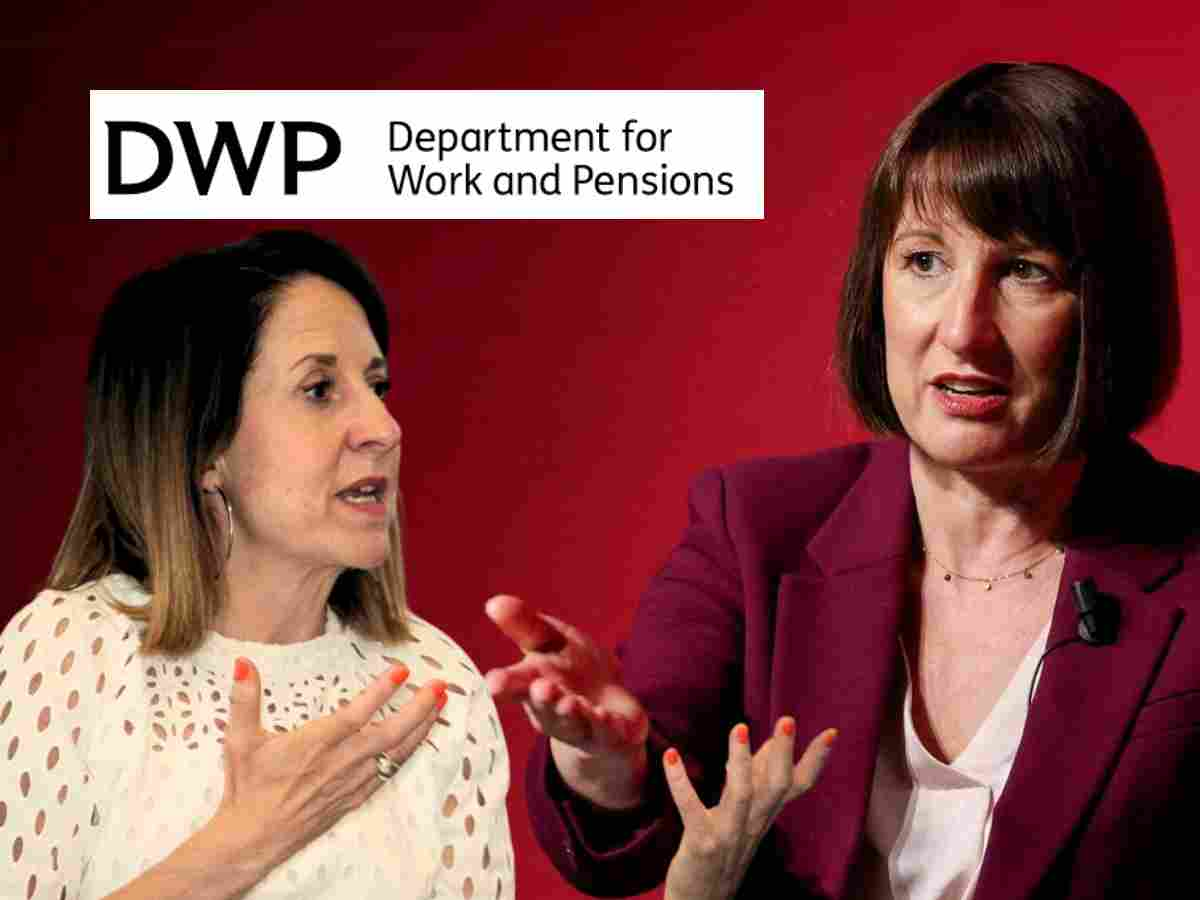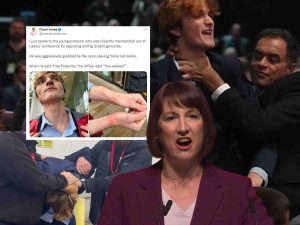Deaf and disabled people’s organisations (DDPOs) and trade unions have called on Rachel Reeves and Liz Kendall to rethink dangerous plans to cut Department for Work and Pensions (DWP) out-of-work benefits for severely disabled people. It comes amid speculation over changes to the so-called WCA.
Labour: stop anymore cuts to DWP benefits
Twenty-four DDPOs and unions have signed a letter to the secretary of state for work and pensions Kendall and chancellor Reeves demanding they cancel the Work Capability Assessment (WCA) changes which would see claimants’ benefits reduced by 50%.
The letter, signed by people and orgs including John McDonnell, DPAC, Disability Wales and Unite states:
The consequences of these measures will be devastating for the Disabled people affected. They will also add to already unreasonable workloads and working conditions for frontline [Department for Work and Pensions] staff.
The WCA changes were first proposed by the previous Conservative government and many hoped the Labour Party would reverse this. However, media reports in the last few weeks have indicated that the government plans to go ahead with some of the changes, as part of Reeves’s package of savings.
Although the changes would only apply to new claimants, that’s still a substantial amount of people. According to the DWP’s own figures, approximately 453,000 disabled people are estimated to be affected by 2028/29.
Increasing the risk of “entrenched deprivation”
The change will see 93% of those affected losing around £416 per month – or £4,990 per year. Around 290,000 of these will be subject to conditionality, where they are expected to engage in work search activity or risk having their DWP benefits stopped.
This is despite many disabled people struggling to find work that is either accessible or will make them sicker. The DWP know that only 15,400 will be able to move into paid employment- as their own figures tell them this.
The letter also says:
It is clear that these measures will do nothing to address current labour shortages. They will however increase levels of entrenched deprivation.
One of the two main groups of disabled people affected are those in the “substantial risk” group.
These are people living with such severe mental distress they are assessed by medical professionals to be in serious danger of harm to themselves if the DWP forced them to engage in work search activity. While new claimants in the substantial risk category will not be expected to find work, a cut of their benefits of 53% may force them to.
DWP putting claimants at extreme risk
John McArdle, a benefit claimant in the substantial risk group, said:
Thinking how this would affect me personally is hard. Emotionally. All I know is that with more pressures on me to engage, I’d probably just fall. The effects of the loss of income on me would be catastrophic. Deadly. The inadequacy of benefit payment levels mean I am already finding it hard to keep my head above water right now. I honestly don’t think I’ll be able to survive.
The letter comes as disabled activist and one of the founders of DPAC Ellen Clifford is due to begin challenging the government on the consultation in the High Court. Clifford argues that the consultation period was too short (four weeks shorter than usual), was not clear enough, not rational, and as a result people could not accurately respond.
She said:
The combination of these cuts – entailing a dramatic drop in income inflicted on those who are too disabled to escape poverty through paid work – alongside the attempt to legalise suicide through Kim Leadbeater’s Private Members’ Bill is terrifying for Disabled people.
Both these measures coming at once feels like an assault on our right to exist. What sort of a society does that make Britain today?
A disclosure hearing for Clifford’s case is scheduled for this Thursday 31 October, with the legal challenge being heard in the High Court on 10 and 11 December.
Featured image via the Canary




